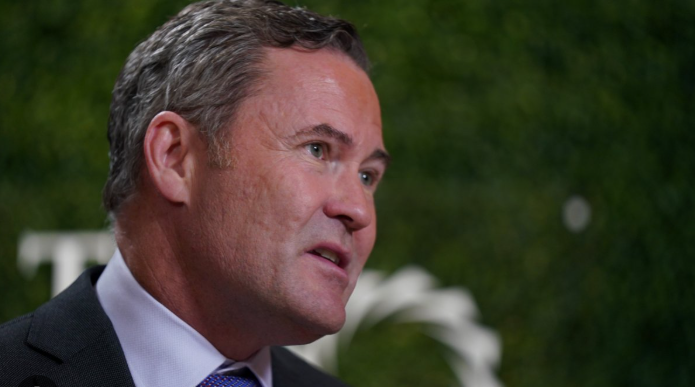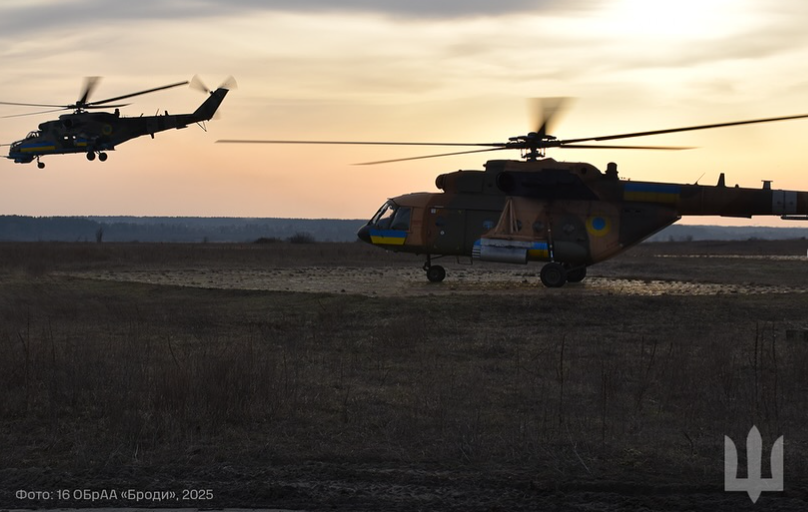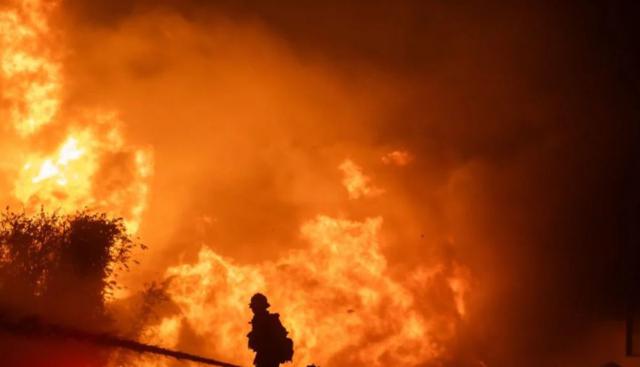[ad_1]
AMSTERDAM/NAIROBI (Reuters) – Burundi said on Friday it will refuse to cooperate with an International Criminal Court (ICC) investigation into war crimes prosecutors suspect were committed by forces loyal to President Pierre Nkurunziza’s government against their political opponents.
The court ordered a formal investigation on Thursday into crimes committed between April 2015 to October 2017.
But experts say it will be hard for ICC Prosecutor Fatou Bensouda to gather evidence without support from Burundi’s government, which last month became the first to withdraw from the Hague-based court amid waning support from African nations.
An earlier ICC case in Kenya fell apart due to opposition from the government of President Uhuru Kenyatta. Like Burundi, Kenya and South Africa have threatened to withdraw from the court, arguing that it disproportionately targets Africans.
“The government rejects that decision (to investigate) and reiterates its firm determination that it will not cooperate,” said Burundi’s Justice Minister Aimee Laurentine Kanyana.
Unrest has gripped Burundi since Nkurunziza said in April 2015 he would seek a third term in office, triggering protests and a crackdown by security forces.
He won re-election that July but opponents boycotted the vote, saying his decision to stand violated the constitution and the terms of a peace agreement that had ended a war in the central African country.
The ICC says that under international law it still has jurisdiction over crimes committed while Burundi was a member.
Judges said Bensouda should investigate whether crimes against humanity were committed including murder, torture, rape and persecution.
Government forces are suspected to have killed more than 1,000 people and displaced 400,000 during the crackdown. Human rights groups say the number killed could be far higher.
Human rights groups and opposition politicians in Burundi welcomed the court’s decision.
Charles Nditije, the exiled head of Burundi’s opposition platform CNARED, called the move “a victory for justice …. for those who want the return of peace and rule of law to Burundi.”
Armel Niyongere, a Burundian lawyer representing families of the victims, said he would assist Bensouda’s investigation.
UPHILL FIGHT
Legal experts said Bensouda may be unable to bring any suspects to the Hague as long as Nkurunziza remains in power.
“I suspect that it will be very challenging for the ICC to access … evidence in Burundi” said Berlin-based international criminal justice lawyer Angela Mudukuti.
Bensouda’s decision was courageous and she will likely seek to use evidence obtained by interviewing refugees who have fled to neighboring Tanzania and Rwanda, said Karine Bonneau, a senior official at the Paris-based International Federation for Human Rights.
“She had very little choice but to open an investigation given the gravity of the crimes,” she said. Others said the prosecution was largely symbolic.
Bensouda’s job is in part to deter future crimes, said Thijs Bouwknegt, an Africa expert at the Netherlands’ Institute for War, Holocaust and Genocide Studies.
“If she acts like some super human rights watchdog and names and shames people I think this may be effective,” he said.
Additional reporting by Ed Cropley in Johannesburg; Editing by Matthew Mpoke Bigg
[ad_2]
Source link






Leave a Reply